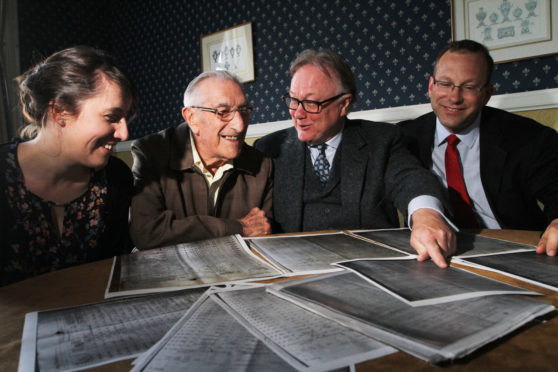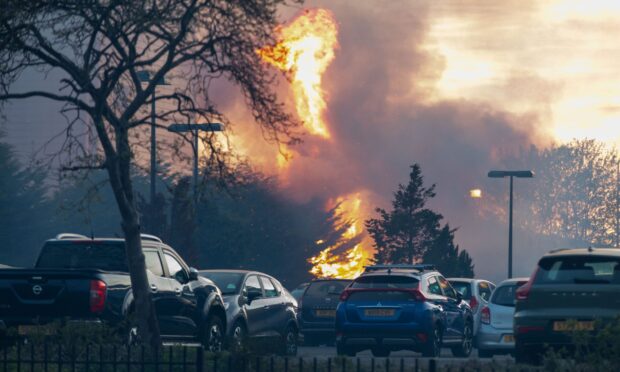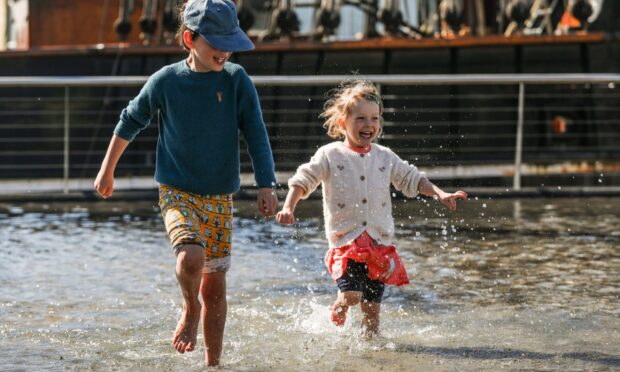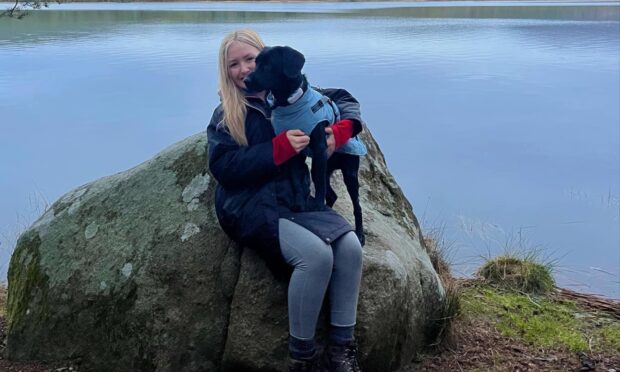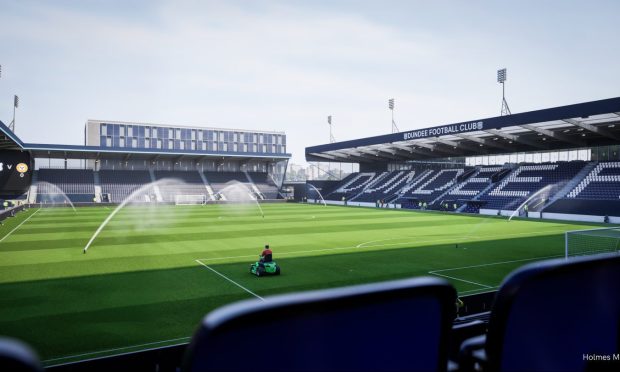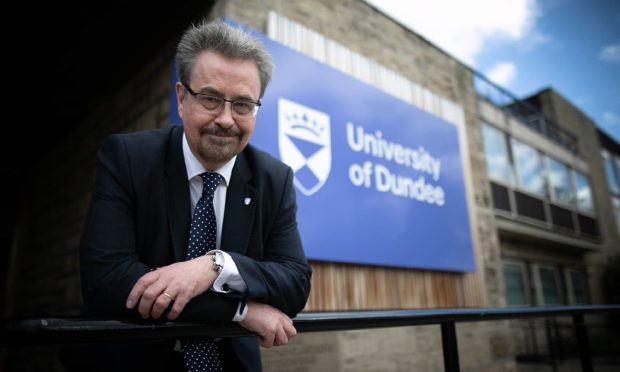An 89-year-old man whose Dundonian father was one of the last-ever British whalers has been presented with a stash of documents detailing his incredible tale.
Stanley Barrie, also born and raised in the city, knew only anecdotal accounts of his father’s arduous seven-month long expedition as a 20-year-old whaler in 1908.
This was just as the industry was dying out and six years before the last British ship set sail for the Arctic.
63-year-old family friend Frank Chalmers had also heard snippets of the tales and — believing Stanley’s father Robert to be deserving of a place in Dundee’s history books — launched a year-long mission to find out more.
He started with tracing the name of the ship his father sailed in. This he said was made all the more difficult as British whaling crew agreements had been dispersed all over the world in the 1950’s.
After trawling archives from across the world and speaking to dozens of researchers, he was aided by Canadian Matthew Ylitalo, a History PhD student specialising in 19th century Dundee whaling at the University of St Andrews.
Mr Ylitalo used his connections with the Memorial University of Newfoundland in Canada to access archives on expeditions at that time.
With help from the McManus’ history curator Julie McCombie, Robert Barrie was found on the crew list for an expedition to the Davis Strait, off the west coast of Greenland, on a boat named the Eclipse dated April 4 1908.
Robert, known as Bob, was paid 25 shillings per month for the trip — equivalent to just £1.25. Extras were also paid, such as for the number of catches and the first harpoon.
Frank, a retired civil servant now living in London, presented the documents to Stanley at Dundee’s Queen’s Hotel on Thursday evening.
Stanley said his father often shared a story describing an incredible near-death experience on the trip.
He said: “He had been travelling on a sled led by Arctic dogs after trading with the local Inuits.
“Unfortunately the dogs smelled the carcass of a narwhal and suddenly veered off-course.
“He didn’t know how to control them and ended up falling through an area of freezing-cold thin ice.
“He couldn’t even swim but somehow the local Inuits managed to pull him to safety from a distance.
“He said he’d never been so cold in his life. I’d imagine he was very very lucky to survive.”
Stanley added: “People used to say it’s surprising he didn’t end up on a spaceship to Mars the mischief he got up to.
“It’s always been a very interesting part of his life and it’s great to know more.”
Frank said: “I honestly started to think that possibly the stories were not true. It was a torturous process.
“When I found out the right ship it was just an absolutely incredible feeling.
“It all paid off in the end. I think everyone would agree it’s important to make these links with the past.”
The Eclipse, which had a crew of around 40, was considered to be a relatively unsuccessful expedition with just one small whale caught.
Whaling formed a huge part of Dundee’s history for over 130 years from about 1753 to 1914.
After the mid 1880’s Dundee was the only remaining whaling port in the UK.
